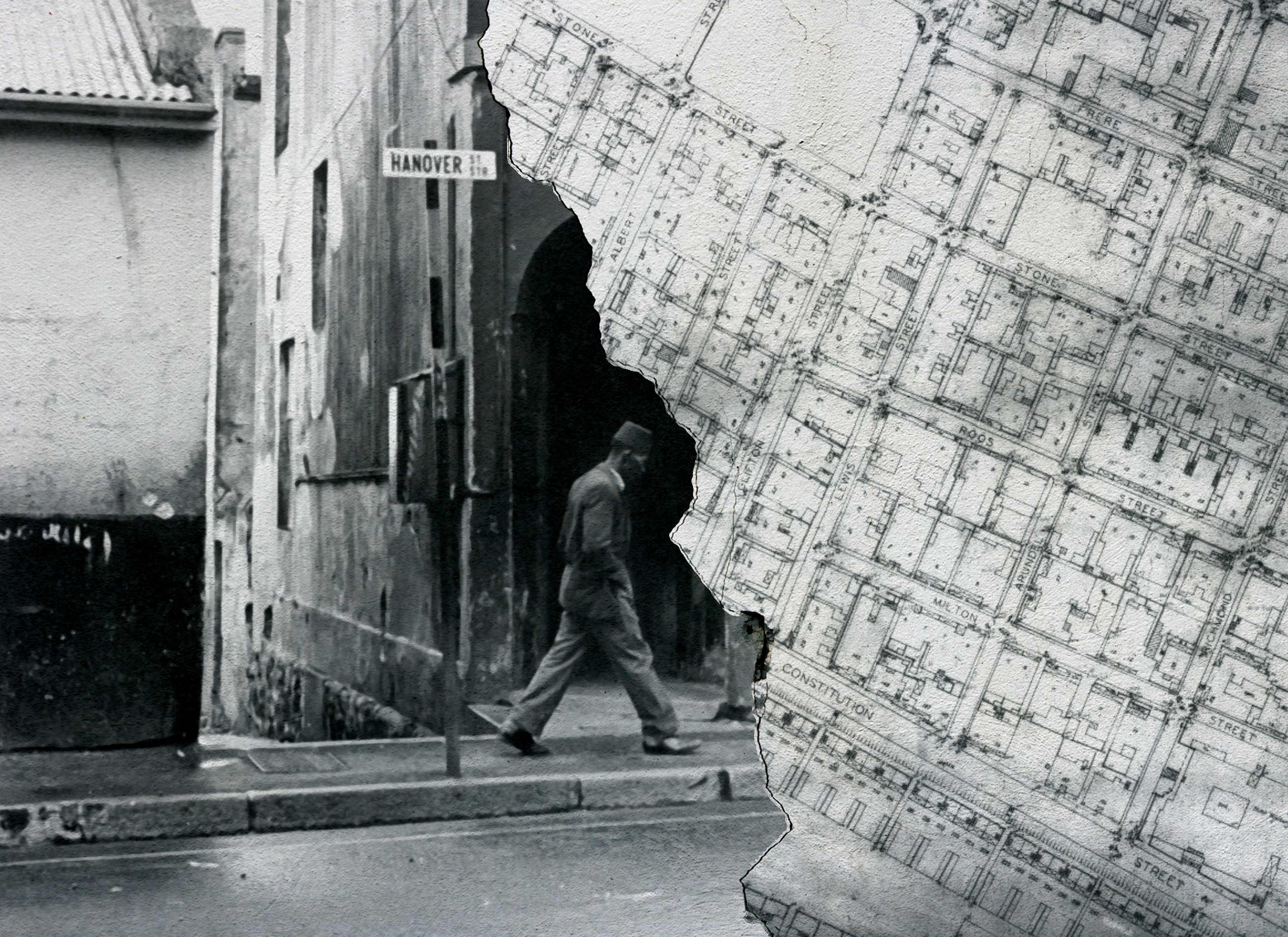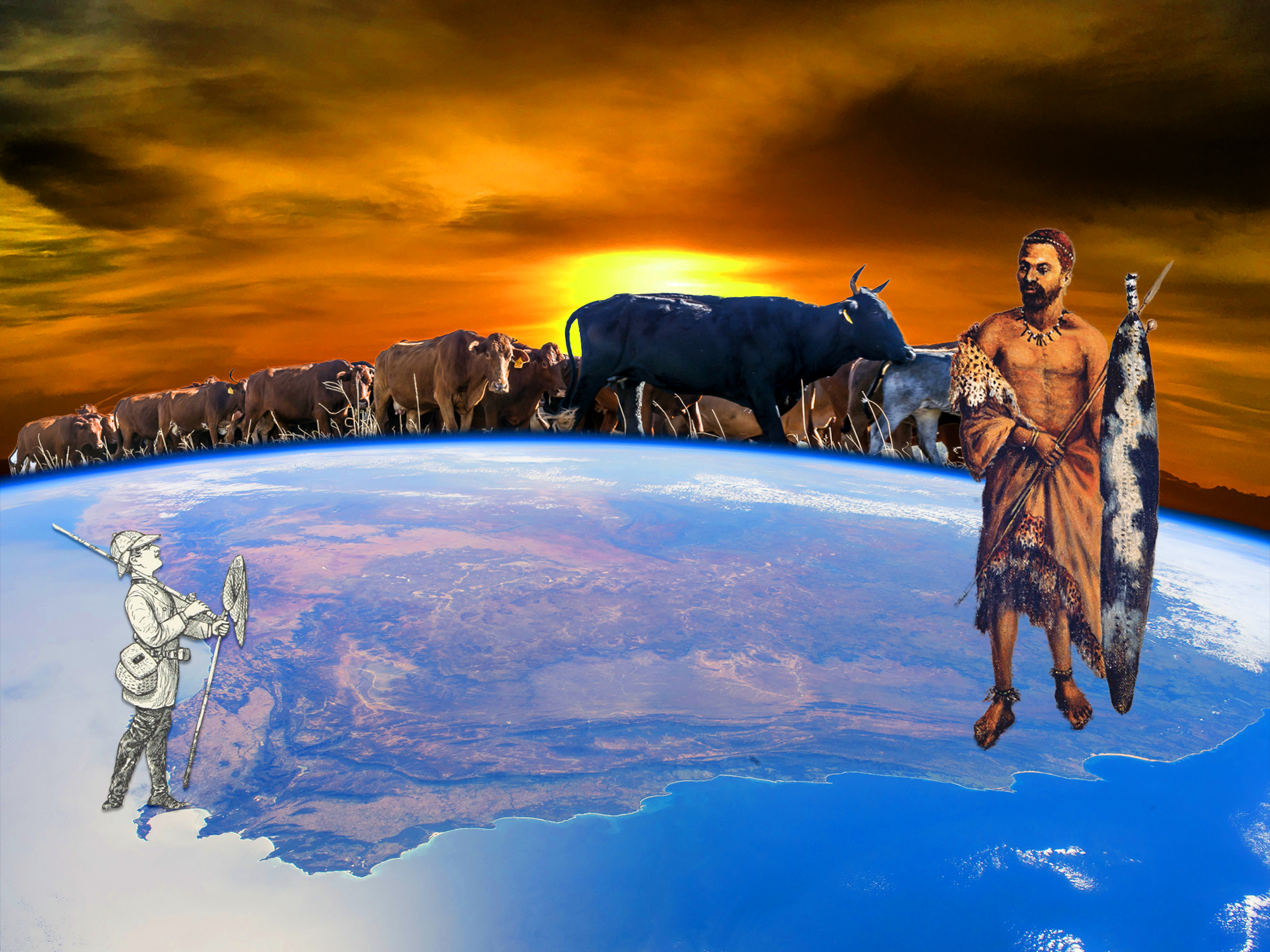1. Abstract
This oral presentation discusses how the emergence of public digital humanities has the potential to allow artists to reperform and re-investigate the histories of a place. It specifically looks at the development of new media technologies such as geo-fenced digital audio walks give listeners an opportunity to eavesdrop on a multitude of stories and voices, creating a palimpsest between the visible physical environment and the suggested future or imagined past.
Coming from a performance background, I look at how performative works can extend themselves into both a physical and virtual space through an investigation of history and public participation. I will present a tour of three such digital geo-fenced audio works staged in South Africa: “ukubekindlebe” - commemorating 200 years since the Battle of Grahamstown in today’s Makhanda, “All Who Listen” - built out of extracts of the playscript All Who Pass capturing a family’s last night in District Six, Cape Town prior to the forced removals of the 1970s, and a third yet unnamed project built upon public stories.
Using Achille Mbembe’s claim that the “Internet is Afropolitan” (2015), this presentation makes a connection linking the oral histories of indigneous community storytellers to today’s podcast culture. The circulation, migration, and transformation of stories across time and space, a feature of myths of origin, now is made manifest in our ears as we navigate a place. I examine how a critical appreciation can spur a reinvestigation and revoicing of history as a crucial part of our communities’ futures. I further propose, within this area of Digital Humanities, libraries as the pointer towards these intersections, to archive, publish and share these aural works. So the library becomes a virtual space which is both on the internet and with the people who can tell you where to look and who to find. The librarians return to being the oral storytellers of the fourth industrial revolution.


References:
Bisschoff, L. 2017. The future is digital: an introduction to African digital arts, Critical African Studies, 9:3, 261-267, DOI: 10.1080/21681392.2017.1376506
Knowles, A. 2016. A more humane approach to Digital Scholarship. Items. Available: https://items.ssrc.org/parameters/a-more-humane-approach-to-digital-scholarship/
Mbembe, A., van der Haak, B. 2015. “The Internet Is Afropolitan.” [online] The Chimurenga Chronic New Cartographies. March 17. Accessed August 12, 2015. http://chimurengachronic.co.za/the-internet-is-afropolitan/
Muftic, S. 2019. Ukubkeindlebe: How it Got Made. [online]. Available at: https://explore.echoes.xyz/collections/ZYrYXveaUPAk2SxY
Muftic, S., Jephta, A., Adams, Q., Landrew, E., Maarman, C., Petersen, J., Meyer, R., Isaacs, I. 2019. All Who Listen. [online] Available at: https://explore.echoes.xyz/collections/e0oWplw8aDb6t9AB
Muftic, S., Mbothwe, M., Makhetha, M., Rubela, A., Solontsi, Z., Maduna, L., Lebogang Mhlongo, K., Macanda, L, Lallie, L., Xakathugaga, N. 2019. Ukubekindlebe. [online] Available at: https://explore.echoes.xyz/collections/xwrvyQR5xMvTNBIy
Munoz, T. 2012. Doing Digital humanities in the library isn't a service. Available: http://trevormunoz.com/notebook/2012/08/19/doing-dh-in-the-library.html. Accesses 25 August 2019.
O'Leary, N, Moreton, E. 2017. "The Migrant Letter Digitised: Visualising Metadata," Journal of Cultural Analytics. March 28, 2017. DOI: 10.31235/osf.io/89xbp
Pahl, M. 2016. Afropolitanism as critical consciousness: Chimamanda Ngozi Adichie's and Teju Cole's internet presence, Journal of African Cultural Studies, 28:1, 73-87, DOI: 10.1080/13696815.2015.1123143
Schreibman, S., Siemens, R., Unsworth, J. 2004. A Companion to Digital Humanities, ed. Oxford: Blackwell. Available: http://www.digitalhumanities.org/companion/
Short, H. 2010. Digital Humanities: Resources & Infrastructures CLARIN-NL Meeting University of Utrecht, 28 October 201. Available: http://www.clarin.nl/sites/default/files/utrecht-1010.pdf